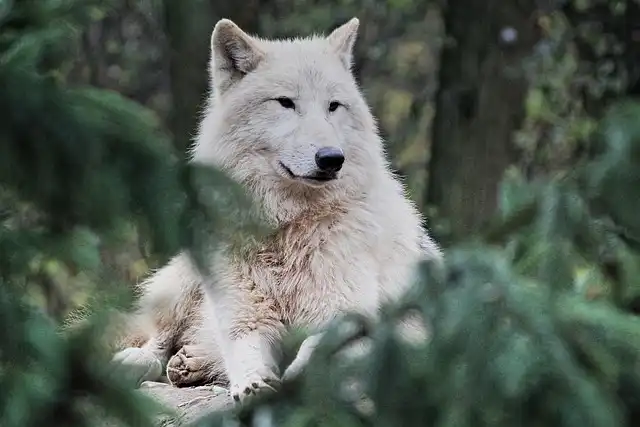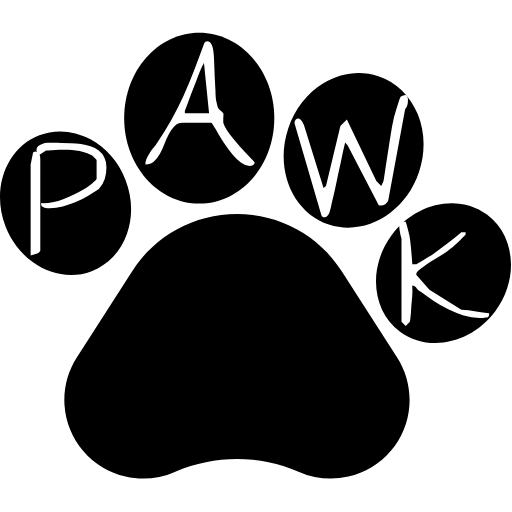EU Eases Wolf Protection: Controversy & Concerns

EU Parliament weakens wolf protection, sparking debate over balancing farmer concerns & conservation. Critics cite rushed process & disregard for scientific advice. The decision raises questions about EU policymaking priorities.
The vote passed with 371 Members of the European Parliament (MEPs) in support, 162 versus, and 37 abstaining. Supporters of the action, such as MEP Herbert Dorfmann, suggest that the adjustment is necessary to deal with rising disputes between wolves and farmers.
Farmers vs. Wolves: A Growing Dispute
Those farm animals, nevertheless, are bred and raised to be killed for human usage. The debate raises questions regarding whose passions are focused on in EU policymaking and how decisions about wild animals are influenced by economic concerns rather than ecological equilibrium.
The EU Council should officially accept the modification, however that step is expected to be only step-by-step. Once the change is published in the EU’s Authorities Journal, countries will have 18 months to apply the new rules.
EU Council’s Next Steps
“By comparison, the modifying process to enable the murder of wolves took place in an issue of months, and in offense of constitutional guidelines that precisely intend at ensuring the science-based and democratic nature of plan decisions.
“Each time when we should increase Europe’s nature– our ideal ally against the biodiversity, climate, and air pollution situations– some decision makers are wasting time and energy to fight versus our breakable species and communities. European leaders must fulfill their obligation to the general public by protecting nature, not sacrificing it for political gains,” they added.
This provides EU countries a lot more adaptability to handle expanding wolf populations. Federal governments will certainly be allowed to kill the animals in particular cases.
“By comparison, the modifying procedure to allow the murder of wolves happened in an issue of months, and in violation of constitutional policies that specifically focus on assuring the autonomous and science-based nature of plan decisions. Why the double criterion?” she claimed
The decision changes their classification from “purely secured” to “secured.” This gives EU nations much more flexibility to manage expanding wolf populations. Governments will be allowed to kill the animals in particular cases.
Concerns Over Undemocratic Process
She included: “The fact is that the Payment presents itself as a staunch defender of the regulation of regulation in Europe– and also worldwide– yet reveals much less problem when it pertains to altering legislations impacting animals and nature in deeply undemocratic means.”
“The European Compensation asserts that one of the factors the modification of EU stock well-being legislations takes so long is because EU policymakers should make certain all passions are stood for just as in decision-making procedures, which additionally require to be notified by the finest available scientific research.”
“Reducing wolf protection is a political action disguised as policy– it ignores science, gas division, and jeopardizes among Europe’s biggest conservation successes,” a union of pet and environmental organizations consisting of WWF EU, BirdLife Europe, ClientEarth, and the European Environmental Bureau, claimed.
Science vs. Politics: The Debate
1 animal rights2 environmental concerns
3 EU policy
4 European Parliament
5 wildlife conservation
6 wolf protection
« Monkey Talk: Decoding Primate Language with Sound CombinationsCat Coat Genetics: Color, Patterns, and Hair Types Explained »
